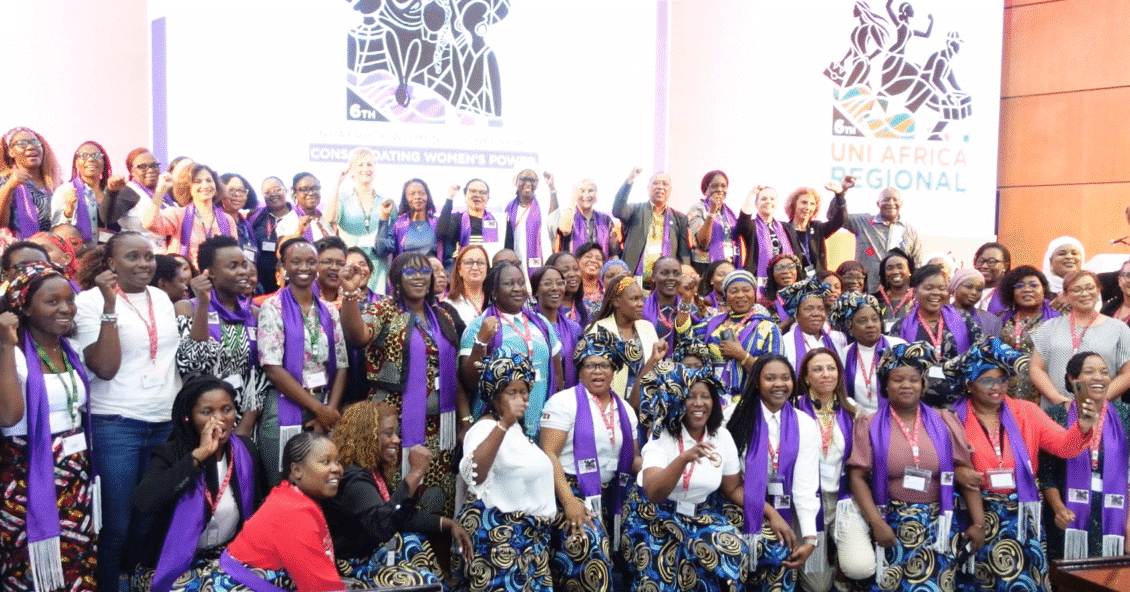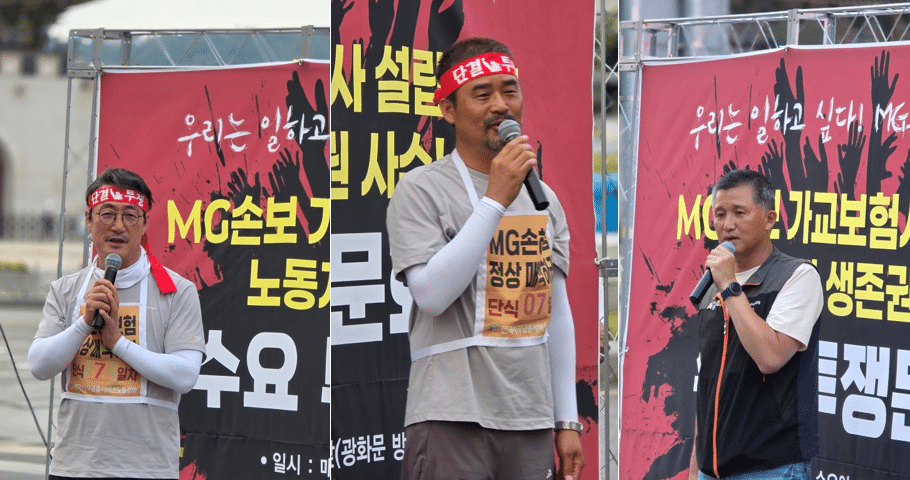Fresenius kidney care workers in Philippines allege corporate layering, fueling job insecurity and low wages
22.09.23
Hemodialysis professionals employed at various Fresenius Kidney Care Dialysis Centers in the Philippines have voiced concerns regarding their employment structure. They have discovered that they are categorized as employees of Fresenius Medical Care Philippines subsidiaries, rather than direct employees of Fresenius Medical Care Philippines. This arrangement, called corporate layering, by FMC Philippines raises questions about job security for hemodialysis nurses and technicians and the sustainability of their employment benefits, as these subsidiaries lack established assets in the event of business setbacks.
“This corporate structure undermines healthcare workers rights, jeopardizes job security, and hinders transparency in labour disputes. It’s disheartening to witness the very employees dedicated to providing essential healthcare services being subjected to such employment arrangements, which can lead to confusion and vulnerability. We remain committed to advocating for the rights and fair treatment of these workers,” said UNI Philippine Liaison Council President Roland de la Cruz expressed concern over the employment situation at Fresenius Kidney Care Dialysis Centers in the Philippines.
FMC Philippines has engaged subsidiaries like Asia Renal Care Corp., FMC Renal Care Corp, and Mindanao Renal Care, Inc. to oversee the operations of the Fresenius Kidney Care Dialysis Clinics. This corporate structure is evident from the payrolls of clinic staff. While certain payslips indicate FMC RenalCare Corp., Asia Renal Care (Philippines) Inc., or Mindanao Renal Care, Inc., hiring notices and advertisements identify Fresenius Medical Care as the employer.
This corporate arrangement could potentially lead to confusion during disputes involving monetary claims, illegal suspensions, or terminations, as employees were initially hired by Fresenius Medical Care, while their workplace permits and payrolls suggest otherwise (FMC Renal Care Corp., Asia Renal Care Corp, and Mindanao Renal Care Corp).
These findings emerged during a Department of Labor and Employment – National Conciliation and Mediation Board hearing prompted by a Request for Technical Assistance (RTA) filed by the Congress of Independent Organizations on behalf of FMC Philippines employees. This action was related to pending and unprocessed Health Emergency Allowances for healthcare and non-healthcare workers, a government-funded benefit under the Philippine government’s Covid-19 programs.
During the RTA hearing, representatives from FMC Philippines repeatedly denied operating dialysis centers in the Philippines or employing healthcare workers like hemodialysis nurses and technicians. The management representative also questioned the legal representation of CIO officer and UNI Philippine Liaison Council President Roland de la Cruz, refusing to disclose union officers’ names and members to safeguard them from potential management retaliation and harassment.
These denials by the management, asserting non-operation of dialysis centers and non-employment of healthcare workers, validate the initial findings that FMC Philippines recruits healthcare workers under the guise of Fresenius employment, but their actual employment status is within the various subsidiaries of FMC Philippines—namely, FMC Renal Care Corp., Asia Renal Care Corp, and Mindanao Renal Care Corp.
Additionally, FMC Philippines, through its subsidiaries – FMC Renal Care Corp., Asia Renal Care Corp, and Mindanao Renal Care Corp, practices the recruitment of utility workers within Fresenius Kidney Care Dialysis Clinics to train them as hemodialysis technicians. While this provides a valuable opportunity for upskilling, it is noteworthy that these workers often receive minimum wage, and salary increases may only occur after 3-5 years of working as hemodialysis technicians.


